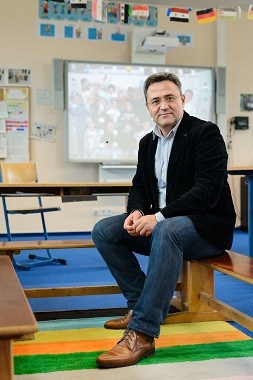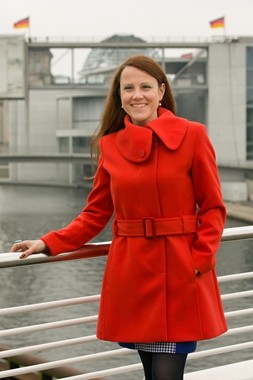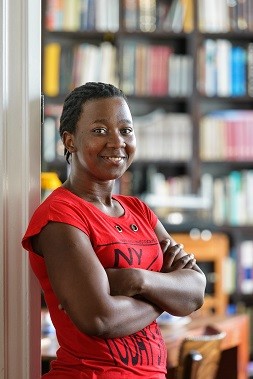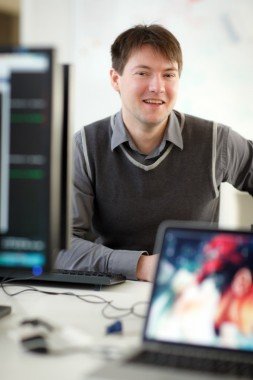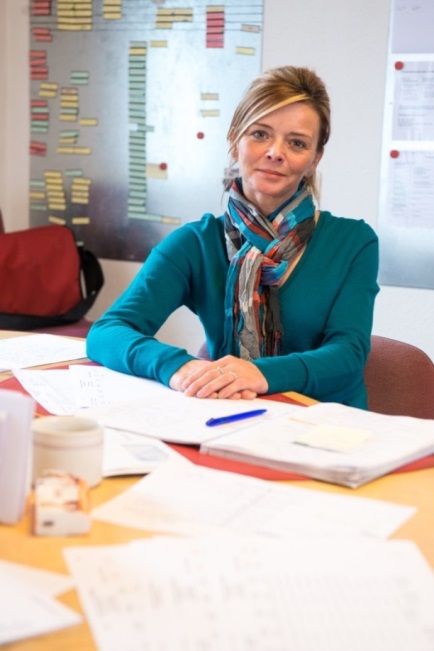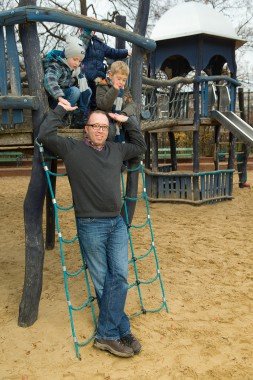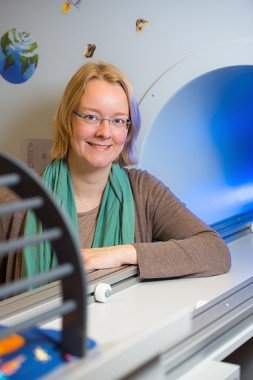Immigrant Political Party Affiliation: Importance of Shared Beliefs
Berlin, November 2016. Around 17 million people with a migration background live in Germany. What role do they play in political life and how do they make their voices heard? In the last election for the German parliament (Bundestag), 5.8 million immigrants were eligible to vote (a figure set to further increase) and can therefore cast their vote at municipal, state and federal level. Another 5 million people in Germany meet the requirements for naturalisation and would also be eligible to vote.
However, going to the ballot box is just one of many ways to be involved in the political process. Collecting signatures for petitions, contacting politicians directly, going to rallies or engaging in political initiatives and parties are activities open to people even if they don’t have German citizenship. Active involvement in political parties traditionally plays a central role in the political process in Germany. It is not known how many people with a migration background are active in political parties because these parties do not collect this data. Studies have shown, however, that they are clearly underrepresented. For the political parties, immigrants therefore represent a source of potential voters, members and office holders which largely remains untapped.
We would like to introduce you to Elisabeth Heid and Faruk Tuncer who are both actively involved in politics – Heid for the SPD, Tuncer for the CDU.
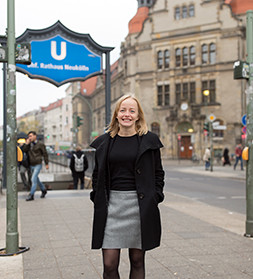
Elisabeth Heid is the daughter of a British mother and a German father and spent her childhood in various countries and cultures: she was born in the United States, went to school in Munich, Singapore and Chicago and has German, American and British citizenship.
Elisabeth Heid was exposed to politics at an early age: political and cultural issues were frequently discussed in her family home, during her school years in Chicago, she campaigned against police brutality, mostly directed against black students, on her high school campus. She returned to Germany in 2001 to pursue a degree in political science at the University of Freiburg. “When I returned to Germany, I initially experienced culture shock. I didn’t really feel like I belonged and found it difficult to deal with the general anti-Americanism sentiment. I was torn between my American and my German identity.” Elisabeth Heid then shifted the focus of her professional and volunteer work to equal educational opportunity. After completing her degree, she and several friends founded Teach First Deutschland – an NGO dedicated to giving disadvantaged children and young people better educational opportunities. Later, she headed up the School Turnaround project in Berlin which supports schools in difficult situations during change processes. She says: “NGOs play an important role in improving educational opportunities, but not the only role – policy sets the framework, which is where I want to make a contribution.” She became directly politically active during the debate about Germany as an immigration country. “I wanted to be politically active because there are more and more people like me in Germany: German, but not only German. The future of Germany is more global than critics of the immigration society would have you believe.” In 2009 she joined the SPD. For her, the deciding factor was that this large political party brings together people from all backgrounds and highlights solidarity as one of its core values. This made it easy for her to get involved in the party. She is currently secretary of the SPD in Berlin-Rixdorf, is the district delegate in Neukölln and is active in the Migration and Diversity Working Group for the SPD Neukölln. She incorporates her political beliefs into this working group: “People are often judged on the basis of their migration background – if they come from the west, their background is perceived as positive. Originating from an Arab country, on the other hand, is often perceived as negative. But there is no good or bad migration background. Diversity is always a positive thing.”
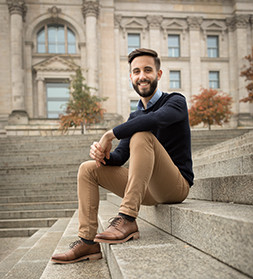
Faruk Tuncer was born the son of parents of Turkish descent in Berlin. Both of his parents immigrated to Germany in the late 60s as children of ’guest workers’. Tuncer’s political interest was sparked during his school years at a school in Berlin where most students came from immigrant families. There, he witnessed how important it is for all children to have equal educational opportunities.
But Faruk Tuncer only truly became aware of his own immigrant background when he began studying education at the Freie Universität Berlin – his biography suddenly made him the exception at university. As a scholarship recipient of the German Academic Scholarship Foundation, an inter-denominational and non-partisan sponsorship organisation for the academically gifted, he benefited from sustainable educational support. It has shaped his social commitment and his desire to be involved: “It has always been important to me to assume responsibility and take personal initiative to drive progress. It was simply a logical step to promote equal educational opportunities and later to get directly involved in a political party – because if you want to influence decisions, you have to be part of the political system.”
After the Bundestag elections in 2013, Tuncer joined the CDU. According to him, he identified with their political platform and values. Even though he frequently heard that people with a migration background were better off on the left-wing of the party spectrum. “I wanted to free myself from how others see me. The values the CDU stands for have convinced me – performance-driven on the one hand and, on the other, they keep an eye on the weaker members of society. Freedom, solidarity, justice and the Christian idea of humankind – it is precisely these values that particularly attract me as a devout Muslim.”
After working several years for a non-profit organisation, Tuncer’s political interests prompted him to pursue a master’s degree in public policy at the Hertie School of Governance in Berlin. He was elected to the Board of the Berlin-Moabit chapter of the CDU in 2015 and, in addition to involvement in day-to-day political life, is responsible for its social media presence. During the parliamentary election campaign in 2016, he was involved in campaign planning and implementation on an almost daily basis for a period of many weeks: he analysed data, developed strategies, authored texts and hung up posters. His political work has long since gone beyond volunteering: since the summer of 2016, he has been active in the national political environment.
The examples show: attracting people with an immigration background to participate in political parties makes an important contribution to the development of democracy in Germany as an immigration country.
For detailed information about the party preferences of immigrants, see the executive summary of the publication “Black, Red, Green – What are the Party Preferences of Immigrants?”

